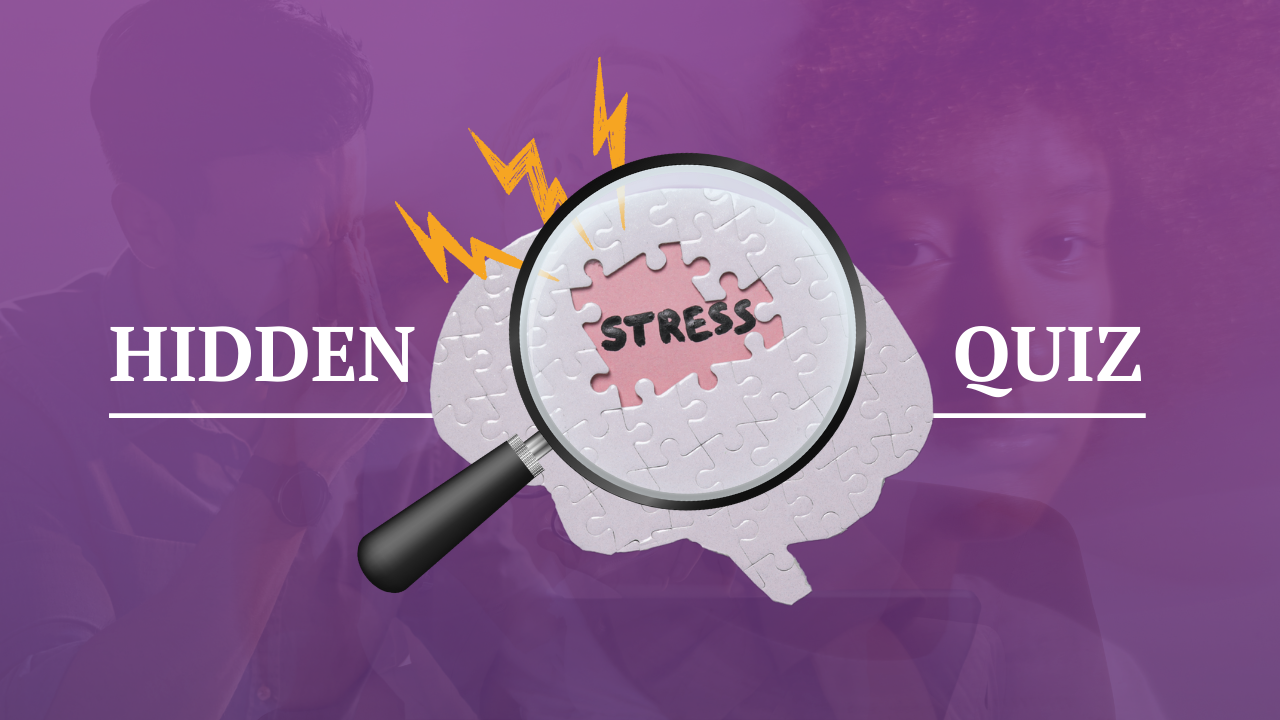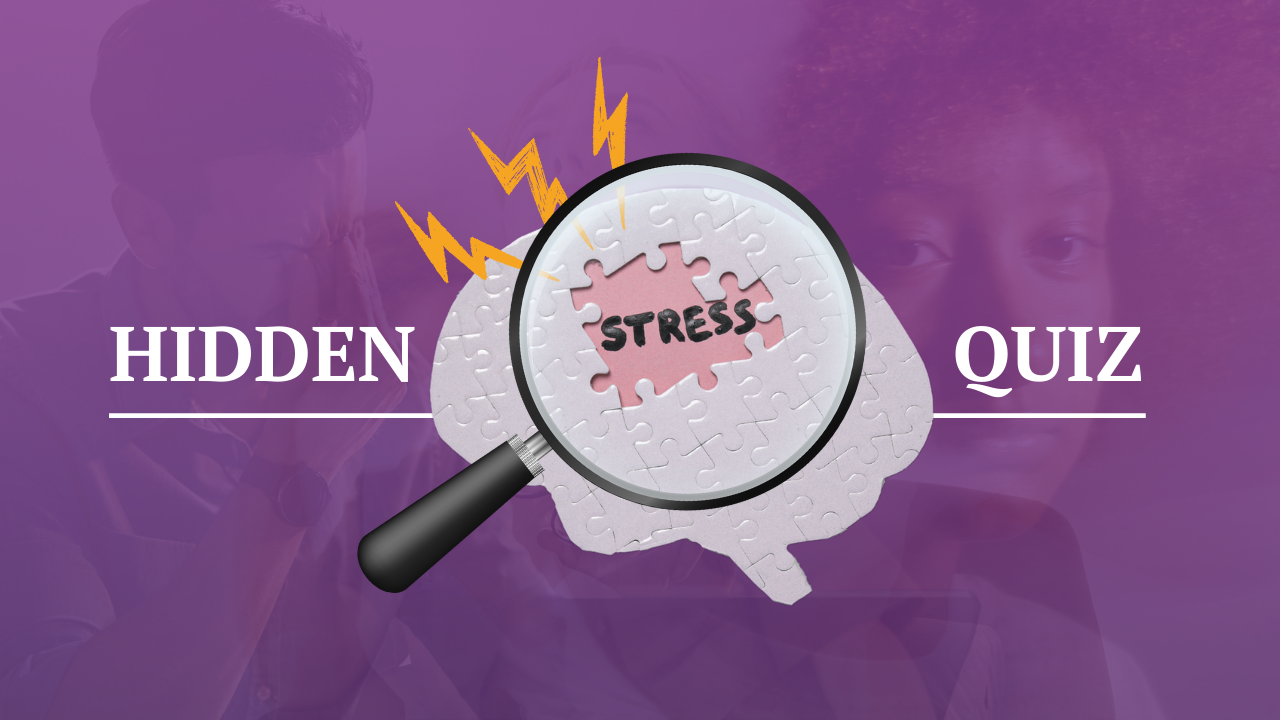Black Mental Health Matters
Jan 31, 2021
Persistent disparities in access to care and treatment for Black Americans. According to the Mental Health Association, despite mental health conditions occurring somewhat equally across all populations, the African-American experience is more often characterized by trauma and violence, with serious consequences for youth and adults.
A history of oppression and violence against Black people has led to social, cultural, and economic disparities, including inadequate healthcare access. This is compounded by COVID-induced traumas (uncertainty, isolation, grief from financial or human losses), racial injustice, and divisive political rhetoric.
Black people with depression intend to seek help at higher rates than whites yet often do not follow through because of mistrust of the medical system. Unfortunately, Black providers, known to give more appropriate and effective care, make up a small portion of the workforce. This can result in Black people experiencing more chronic and persistent—rather than episodic—mental health conditions.
The possibility of change rests on building awareness of the issues and holding accountable policymakers and healthcare systems to eliminate these inequities.
Prevalence
- Black Americans living below poverty are twice as likely as those living above poverty to report severe psychological distress.
- Adult Black Americans are more likely than adult whites to have feelings of sadness, hopelessness, and worthlessness.
- Black teenagers are more likely than white teenagers to attempt suicide (10% v. 6%).
Access/Insurance
- While the Affordable Care Act has helped close the gap in uninsured individuals, nearly 12% of Black Americans v. almost 8% of whites were still uninsured in 2018.
- In 2018, 58% of Black young adults 18-25 and 50% of adults 26-49 with serious mental illness did NOT receive treatment.
- Nearly 90% of Black Americans over 12 with a substance use disorder did NOT receive treatment.
One reason mental health treatment is far more difficult for Black Americans may be the professional field itself. According to Discovery Mood & Anxiety Program’s Mental Health blog, only 6.2% of psychologists, 5.6% of psychiatric nurses, 12.6% of social workers, and 21.% of psychiatrists are members of minority groups. These are the numbers for combined groups; only about 3% of psychologists, like me, are Black. I do all that I can to support and encourage Black psychology students and young professionals because the primary way to address these disparities is by increasing our numbers.
Honoring the Foundation of Black Psychologist
Although the psychology profession does not yet have sufficient diversity to meet a multicultural society’s needs, pioneers in the field extend back more than 100 years. In this Active Minds list of 10 prominent Black psychologists, Barry Wallace, Jr.—as a psychology student at the University of North Carolina, Chapel Hill—paid homage to ten such trailblazers.
Inez Beverly Prosser (1891-1935) was the first African-American woman to publish research showing African-American children fared better socially and academically in segregated schools. Francis Cecil Sumner (1895-1954), the first African-American man to receive his psychology Ph.D., helped establish Howard University’s psychology department. Albert Sidney Beckham (1897-1964) was the first African American to foster a church-neighborhood-school relationship in a Chicago community that benefited African-American youth.

Francis Cecil Sumner, Inez Beverly Prosser, Albert Sidney Beckham
I am so proud to be a member of the Association of Black Psychologists, where I learned about the work of Black psychologists that came before me. I have had the honor of direct experiences with such grates as Dr. Na’im Akbar, Dr. Kobi Kambon, and Dr. Linda James Myers. Together we will continue to promote a better understanding of the importance of addressing diversity issues previously unaccounted for in mental health.


